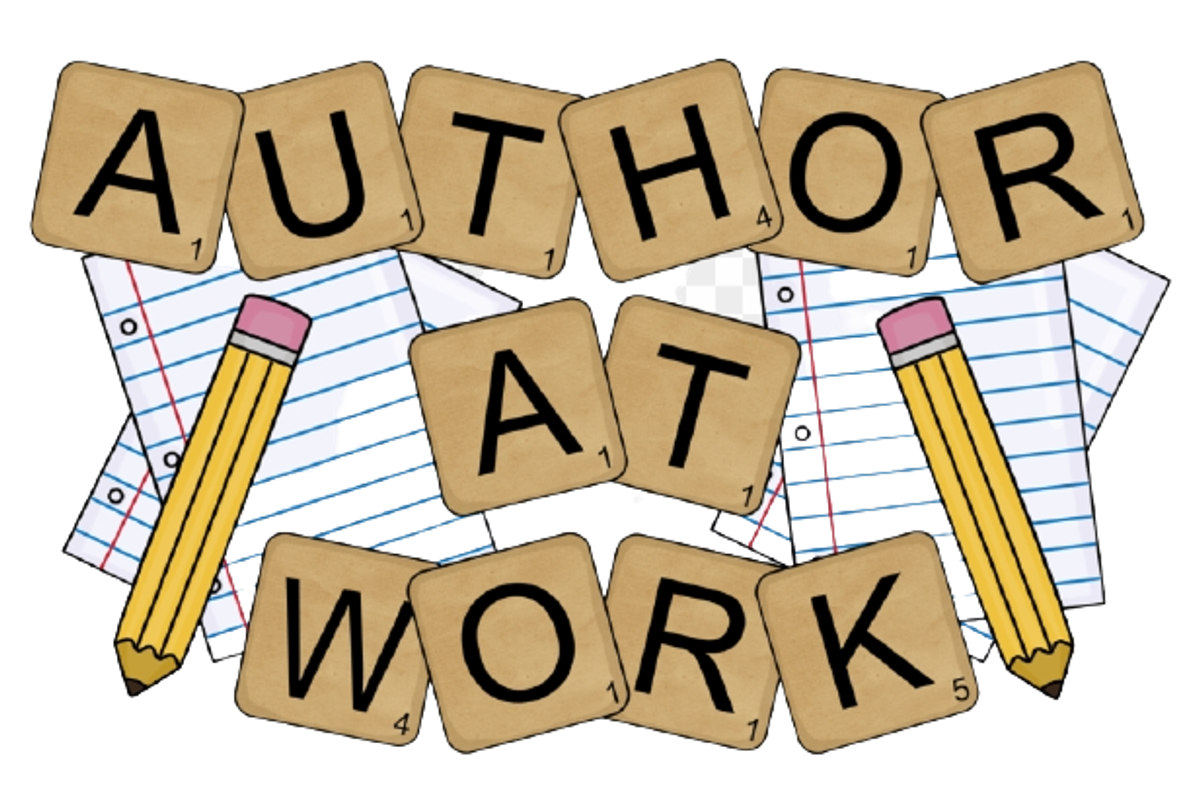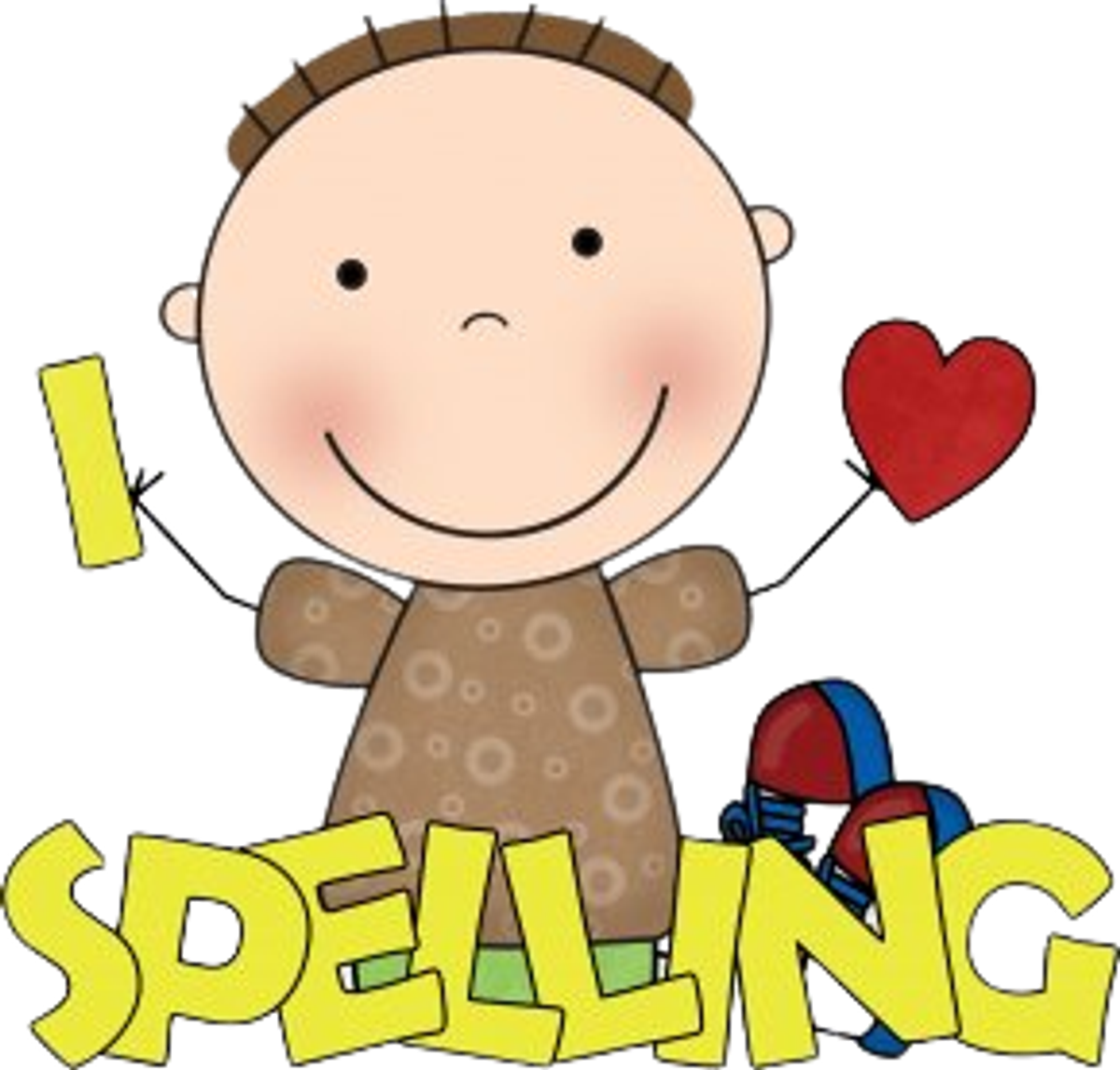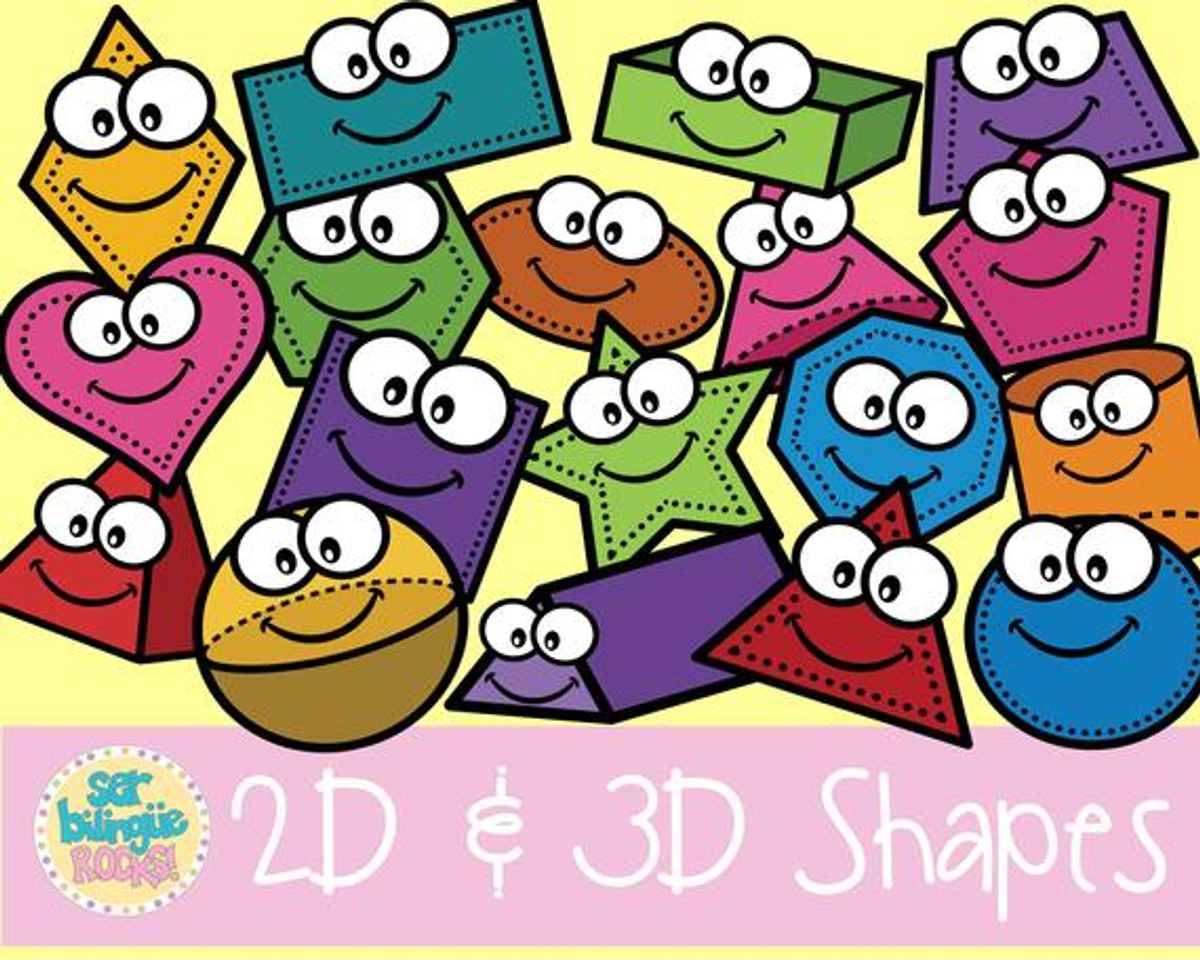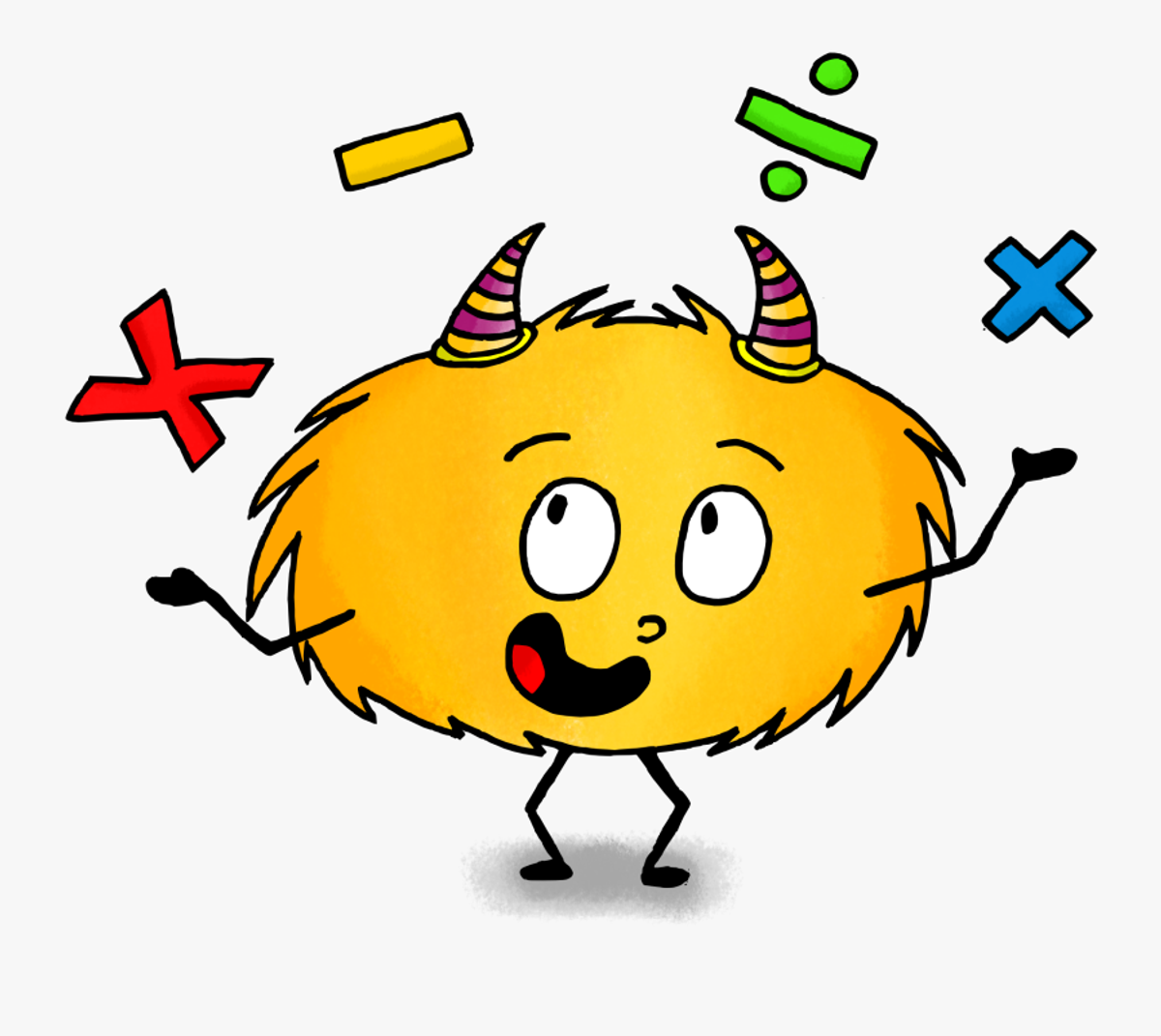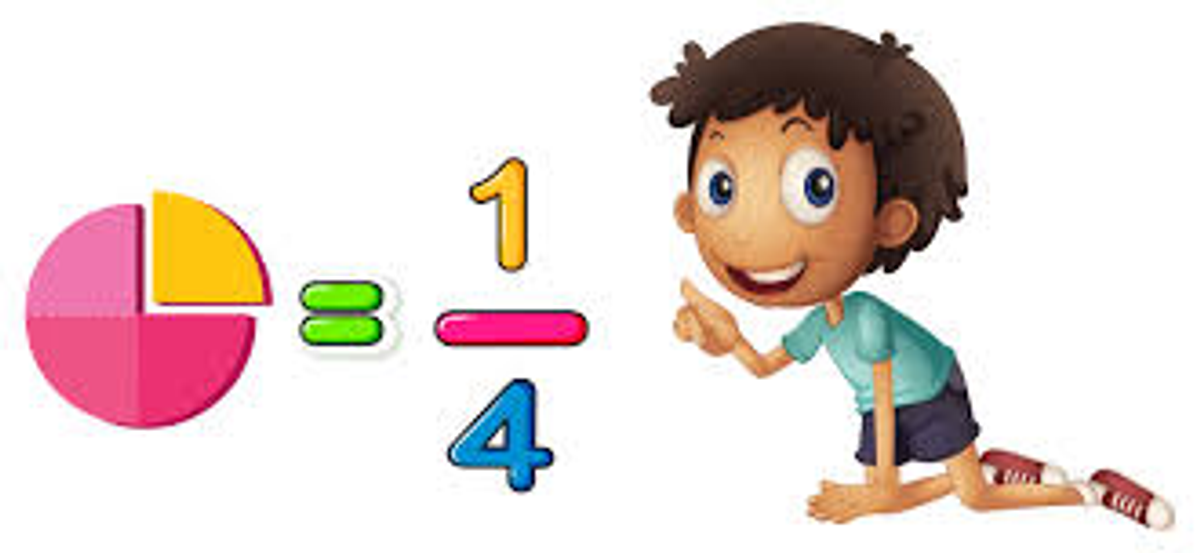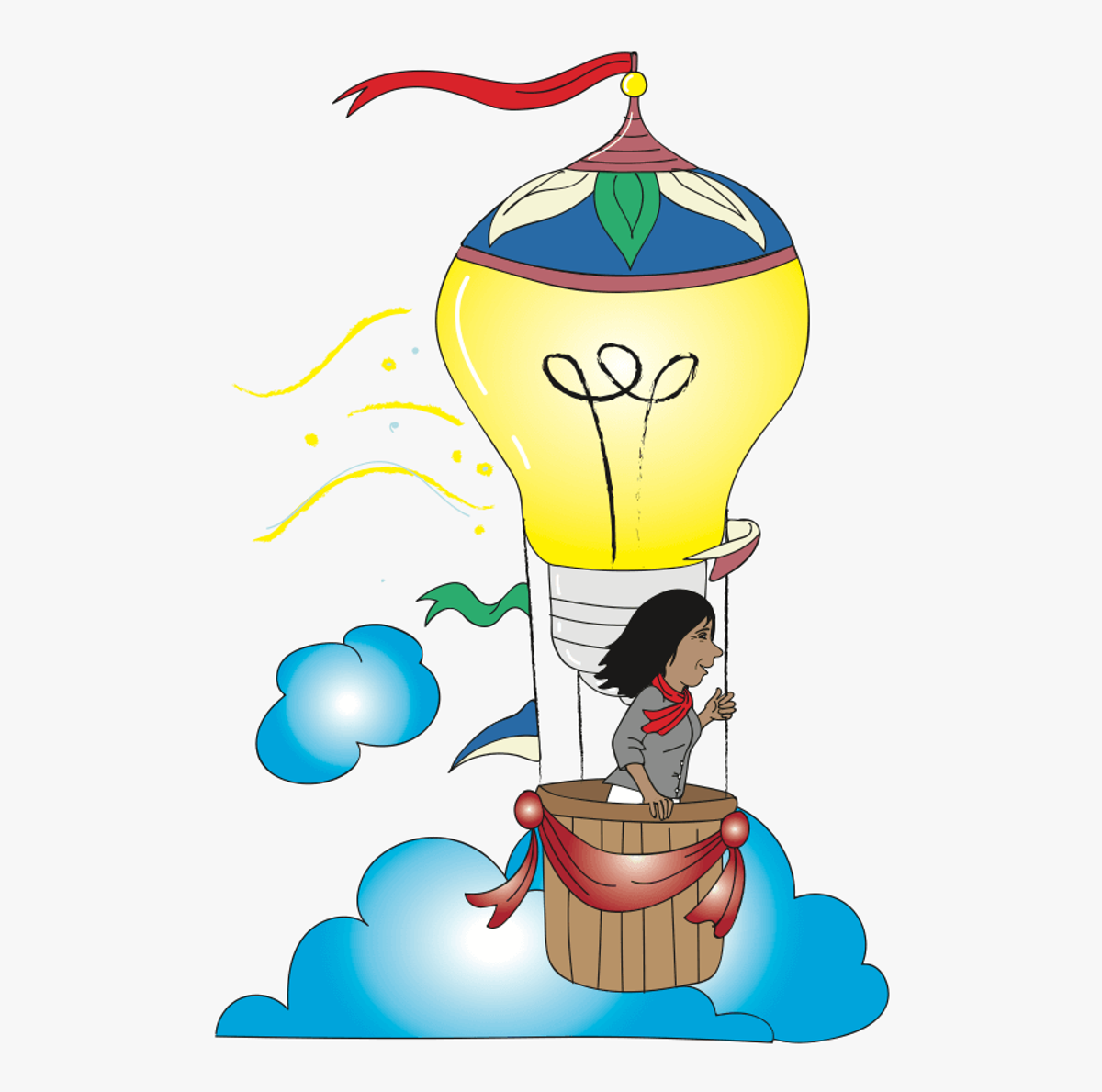Level 2
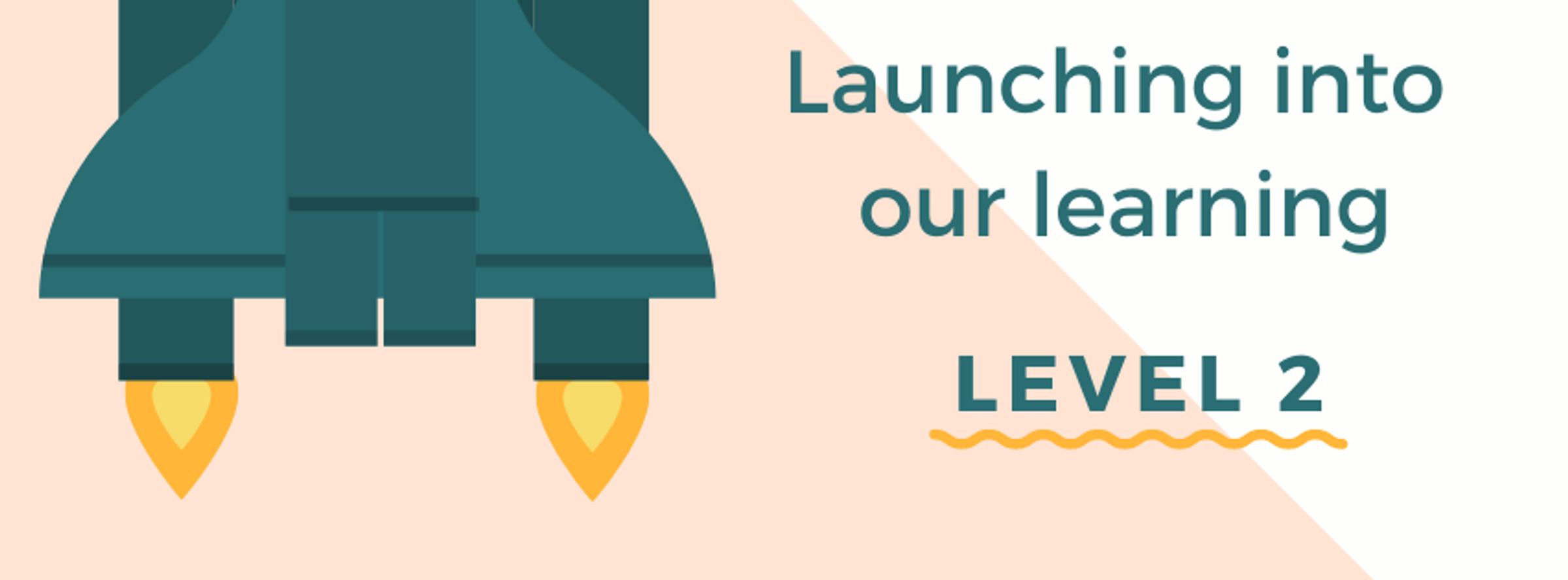
Welcome to Term 3! We look forward to another fun filled term together.
Literacy
Reading
In Reading this term students are further developing their reading fluency and decoding skills whilst focusing on analysing various elements of a text. They will search for key features of text types, explore the author’s purpose, whilst searching and using information in the text to answer literal and inferential questions. Students will begin developing their ability to synthesise information and make inferences whilst reading.
- What is the purpose of the text?
- What are the different features of texts?
- Why does the author include certain features of text?
- What clues from the text make me believe that?
- Where in the text does it tell me that?
Weekly focus:
Week 1: Author’s Purpose
Week 2: Author’s Purpose
Week 3: Author’s Purpose
Week 4: Inferring
Week 5: Inferring
Week 6: Inferring
Week 7: Searching and using information, adjusting, synthesising
Week 8: Searching and using information, adjusting, synthesising
Week 9: Searching and using information, adjusting, synthesising
Week 10: Searching and using information, adjusting, synthesising
Writing
In Writing this term, students are focusing on informative writing. They will explore the difference between facts and opinions and discover the importance and skills of researching. Students will explore the writing traits of organisation, sentence fluency and word choice. They will discover the importance of diagrams and captions to enhance the presentation of their writing
- What are facts?
- How are facts different from opinions?
- Why do people write informative texts?
- What does ‘non-fiction’ mean?
- What text features might you find in an informative text?
Weekly Focus:
Week 1: Research skills & Ideas
Week 2: Research skills & Ideas
Week 3: Research skills & Ideas
Week 4: organisation & conventions
Week 5: organisation & conventions
Week 6: organisation & conventions
Week 7: organisation & conventions
Week 8: Diagrams & conventions
Week 9: Revising & editing
Week 10: Publishing
Spelling and Grammar
Using our Jolly Phonics program, students will develop an understanding of various phonemes including long vowel sounds and grammar concepts including regular and irregular verbs, adverbs and past and present tenses.
- What are some of the different ways to make the long vowel sounds?
- How can we apply these rules and knowledge to our everyday writing?
Weekly focus:
Week 1: Er, ir, ur and dictionary work
Week 2: Oi, oy and proofreading sentences
Week 3: Ou, ow and conjunctions
Week 4: Or, aw, au, al and expanding sentences
Week 5: Ey as in key and expanding sentences
Week 6: Ear as in tear and Plurals - s, ies
Week 7: Silent h and Synonyms - word webs
Week 8: Silent C and Proofreading
Week 9: Are as in hare and prefixes
Week 10: Ear as in bear and apostrophes
Maths
This term in Maths we are exploring concepts of multiplication and division. We are making connections between making groups, arrays, repeated addition, skip counting and simple multiplication problems. Students are being encouraged to represent multiplication in many different ways and to develop both mental and written strategies to solve problems. Students are identifying the connection between multiplication and division by understanding that multiplication is making a number using equal groups whilst division is sharing a number equally into groups. Students will equally share numbers using concrete materials, arrays and mental strategies. We will be exploring concepts of both 2D and 3D shapes and encouraging students to identify their properties. We will be exploring the language of chance to explore the likelihood of events occurring and conducting simple chance experiments.
- How can we make numbers using equal groups?
- How does grouping numbers help us solve problems?
- What patterns can we notice when we multiply numbers?
- How are multiplication and division similar? How are they different?
- What happens when we can’t share a number equally?
- When do we use multiplication and division in real life?
- What strategies can I use to solve multiplication and division problems?
- What are the names of common 2D and 3D shapes?
- What is the difference between a 2D and 3D shape?
- How can we change shapes to create different things?
- How can we describe the likelihood of something occurring?
- What can I find out by conducting simple chance experiments?
Weekly focus:
Week 1: Multiplication and chance
Week 2: Multiplication and chance
Week 3: Multiplication and chance
Week 4: Multiplication and 2D shapes
Week 5: Division and 2D shapes
Week 6: Division and 2D shapes
Week 7: Division and 3D shapes
Week 8: Division and 3D shapes
Week 9: Fractions and 3D shapes
Week 10: Fractions and 3D shapes
Inquiry
This Term in Inquiry we are focusing on the inquiring skills of questioning, predicting, planning, recording, producing, analysing, evaluating and communicating. Students will be immersed in two mini units. ‘Dinosaurs’ and ‘Robots’.
In our mini unit ‘Dinosaurs’ students will generate questions and discover facts about different dinosaurs, their appearance, diet, habitat and lifestyle. Students will use this knowledge and findings to write informative texts about their chosen dinosaur.
- What are dinosaurs?
- What do dinosaurs look like?
- Where do dinosaurs live?
- What do dinosaurs eat?
Through the ‘Robots’ unit students will use their understanding of 2D and 3D shapes learnt throughout our Maths unit to follow the design process of investigating shapes.
Students will:
Generate ideas by describing, drawing and modelling
Produce using materials and tools to create their design
Evaluate the effectiveness and opinions around there designs
Communicate, share and celebrate their designs with teachers and peers
- What are different 2D shapes?
- What are different 3D shapes?
- What are the properties of 2D and 3D shapes?
- How can we use shapes to create something new?
What you can do at home
- Read 3-4 times a week with your child. Remember to check for comprehension!
- Cook, play word and number games, art and crafts, ball games, activities outdoors
- Discuss and share the positives about each day
- Enjoy wellbeing activities together as a family
Important Dates
Start of term: Monday 12th July
Tuesday 13th July - Mad about Science Incursion (rescheduled from Term 2)
Book Week, 21-27 Aug
Friday 27th August - Literacy and Numeracy Multi-age Day
Monday 6th and Thursday 9th September - 3 Way Conferences
Thursday 9th September - R U OK? Day
End of term: Friday 17th September 2:30pm dismissal
Communication
Miss Oakes: amy.oakes@heathmonteastps.vic.edu.au
Mr. Garvey: brendan.garvey@heathmonteastps.vic.edu.au
Miss Ross: jennifer.ross@heathmonteastps.vic.edu.au
Mr. Macpherson: stuart.macpherson@heathmonteastps.vic.edu.au
